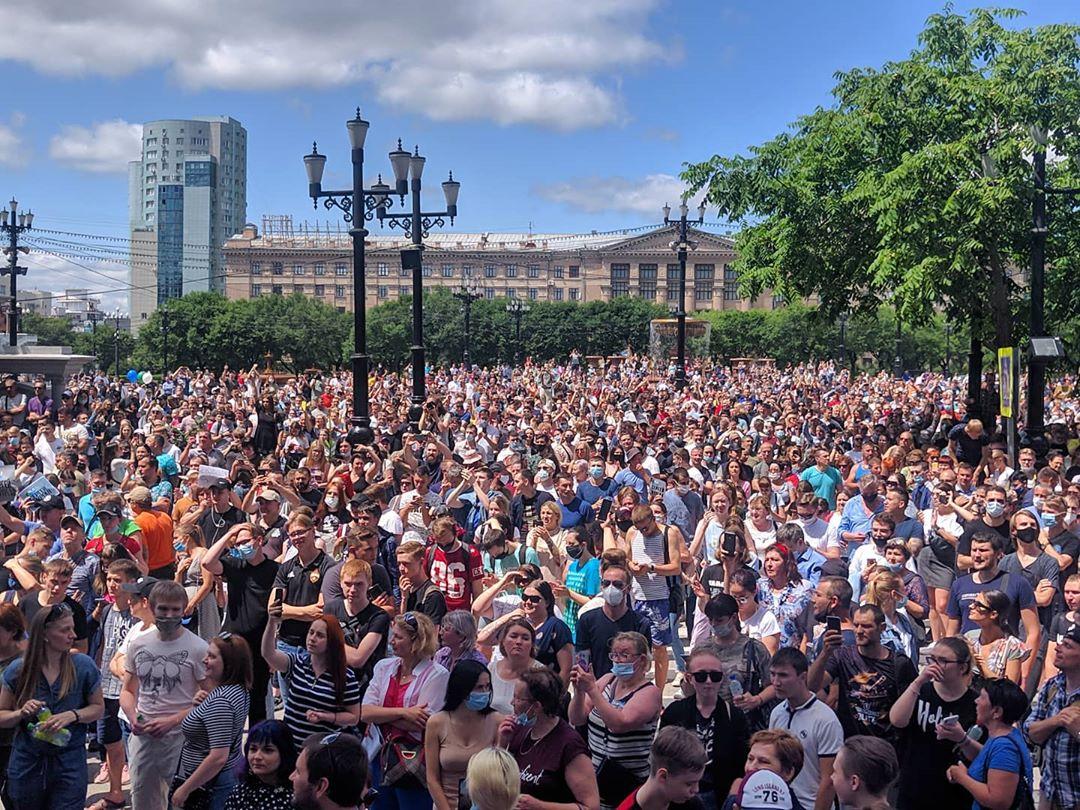" Russia east of the Urals is simply too big in size and too small in population; too economically important and too central to the self-conception of Russians everywhere; too far away from Moscow and too close to China and the Pacific; and yet, too culturally different from Russians in the European portions of the country. Moscow is already more concerned about Siberian regionalism than ever before. But now, the Siberians themselves—ethnic Russian and non-Russian alike—are giving the center more compelling reasons to worry.
Russia east of the Urals comprises more than two-thirds of the Russian Federation but has only about one-fifth of that country’s population. It is where most of Russia’s natural resources are to be found, though the earnings from their extraction largely go to Moscow and not to local people. The region is located three to ten time zones east of Moscow and is linked to the center by few roads or rail lines. Its people are far closer to China and other Pacific rim countries—including the United States—than to the core of the Russian Federation. Because of their roots in explorers, those fleeing oppression, and those sent there by the state for punishment, eastern Russians have always been more independent minded and entrepreneurial than Russians in central and western Russia. Perhaps the most important measure of this cultural divide is that Protestant faiths dominate the religious scene there, not the Russian Orthodox Church of the Moscow Patriarchate (Zabinfo.ru, Windowoneurasia.blogspot.com, November 8, 2010).
All these features of the Siberian cultural and political scene stem from the tsarist period. In 1818, Russian commentator Nikolay Novikov called attention to the uniqueness of Siberia among Russian lands, pointing out that it had never known serfdom or tight imperial control. He argued that Siberia should, therefore, eventually become an independent country. His ideas were dismissed by imperial authorities as “the inventions of Siberian bureaucrats” who wanted more power for themselves or of foreigners who wanted to snatch the region from the empire. But the notion had deep roots and continued to influence the thinking of people in the region (BABR, Windowoneurasia.blogspot.com, July 18, 2008).
Following St. Petersburg’s suppression of the Polish revolt in 1863 and the exiling of Polish revolutionaries to Siberia, the authorities uncovered an alleged “conspiracy of Siberian separatists.” The tsarist government brought Grigory Potanin, Nikolay Yadrintsev and Afanasiy Shchapov to trial. These three men came to be known as the founding fathers of what was eventually termed oblastnichestvo, the Russian word for regionalism in general but typically applied only to its Siberian variant. However, their legal case, instead of wiping out Siberian regionalism, actually attracted more attention to their ideas, thus ensuring the survival of oblastnichestvo. Tsarist, Soviet and Russian governments have made similar mistakes since (John Stephan, The Russian Far East, Stanford, 1996).
In the last decades of tsarist power, oblastnichestvo continued to spread as an idea; and when the Russian central government collapsed in 1917, Siberian regionalists were ready to act. By mid-1918, most of Siberia had been cleared of Bolsheviks; and on June 17, a date Siberians still mark, a Provisional Siberian Government issued “a declaration on the state independence of Siberia,” with Omsk as its capital. Had it sought immediate separation from Bolshevik Moscow or had it not been equally opposed by the anti-Bolshevik movement led by Admiral Alexander Kolchak, Siberia might have gained real independence then. Indeed, though its leadership chose not to pursue this, the region could have sought to exchange a declaration of neutrality in the Russian Civil War for Moscow’s recognition of its independence."





